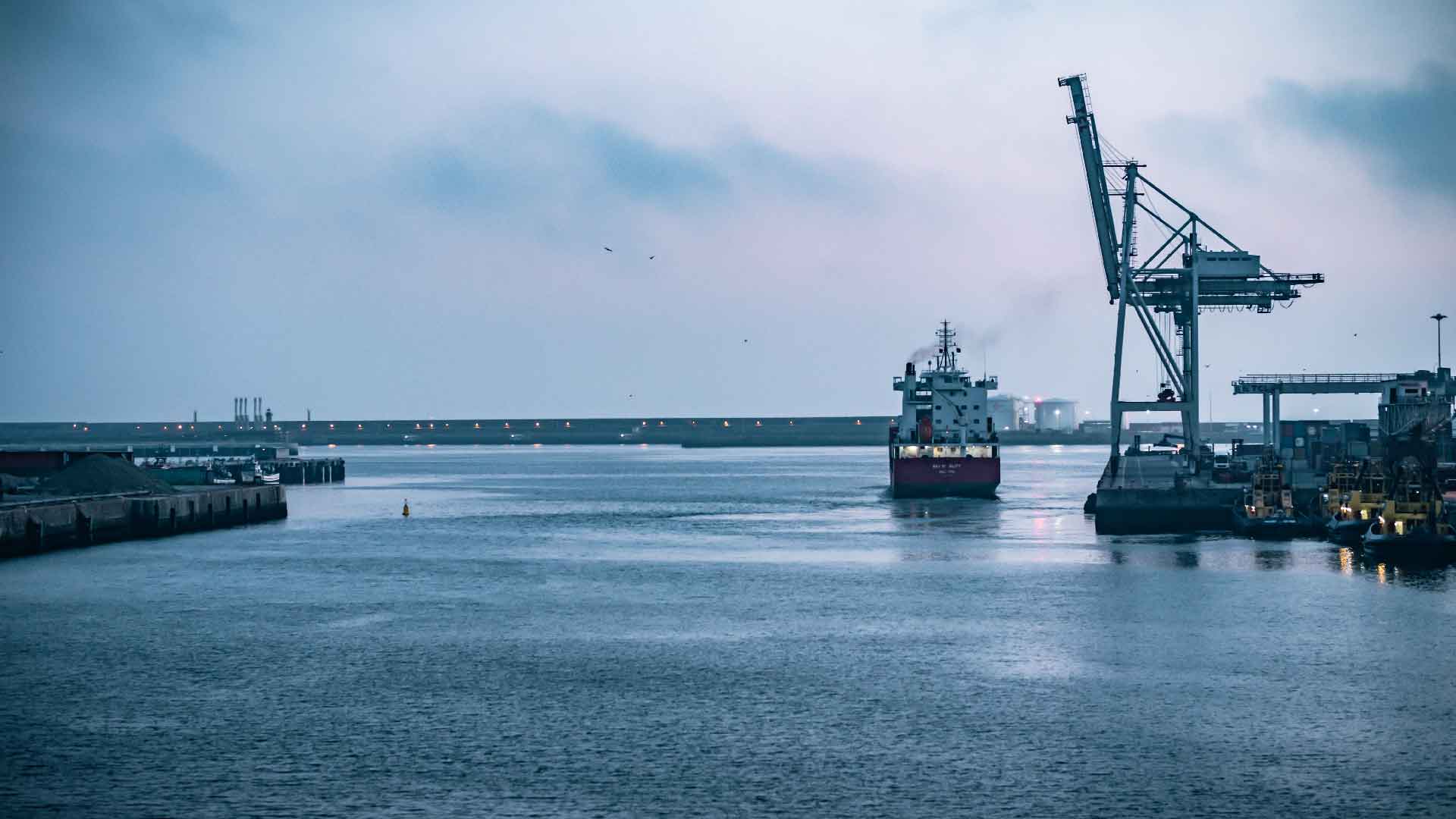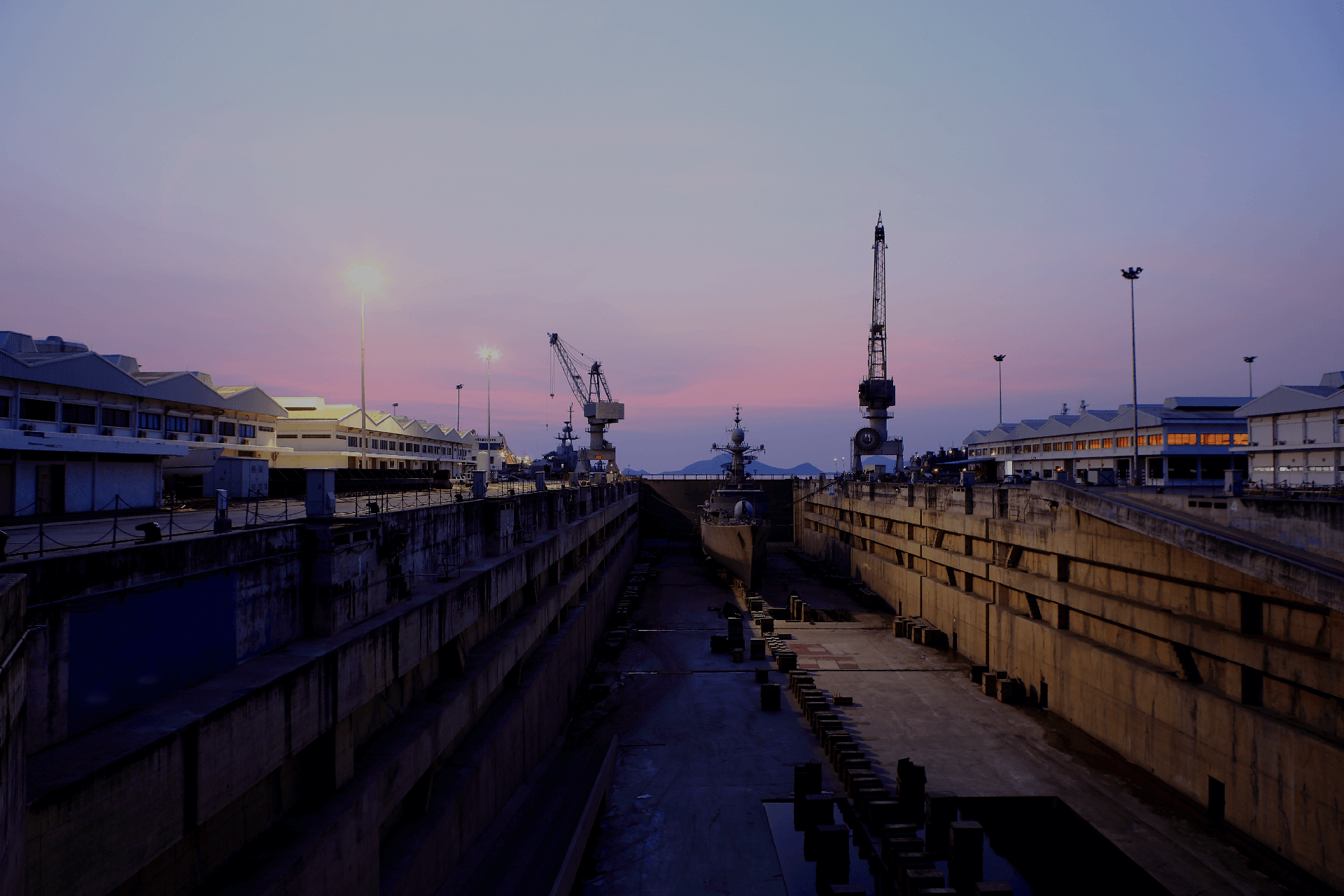Maritime Engineering (Nordic Five Tech) - joint international programme
This programme is no longer accepting students and will not open for applications in the future.

With 71 percent of its surface covered by water, the earth can be called the blue planet. The oceans are the main highways of international trade, with 90 per cent of the world trade being transported by sea. Moreover, the oceans contain many vital resources, from fish and plankton to raw materials below the seas such as oil, gas and minerals. Offshore wind turbines play an increasing role and cruising, sailing and boating provide great fun for many people.
So there are vast opportunities at sea. But we must use the sea better and more efficiently. Our ships and all activities at sea must use fewer resources, give less harmful impact on the environment and they must be safe. These are the paramount future challenges for naval architects and other engineers dealing with maritime engineering.
‘Maritime Engineering’ is a Nordic Five Tech (N5T) programme. This means that you get to study at two out of five of the most prominent Nordic universities: Aalto University School of Engineering in Finland, Technical University of Denmark, KTH Royal Institute of Technology in Sweden, Norwegian University of Science and Technology, or Chalmers University of Technology in Sweden.
The Maritime Engineering programme is based on the expertise of the participating universities within naval architecture, offshore engineering, and maritime engineering. The programme targets students wishing to profit from the Nordic Five Tech universities' long standing tradition and competence in the field and wishing to specialize in a specific area of expertise offered within the alliance.
During your first year in the programme you do courses within maritime engineering as well as relevant general and special engineering courses, These courses prepare you for your specialization in the second year which includes courses and your thesis work. The programme also includes activities where you get to network with fellow students and professors from the other partner universities.
Focus
The main focus of the Maritime Engineering programme is design, construction, and technical operation of ships and offshore structures — including hydrostatics and stability, hydrodynamics, wave and wind loads, propulsion, and structural analyses. The teaching methods include lectures, assignments, workshops, and project work. Theory is supported by experimental work and computer simulations are used intensively.
Specialization
This joint programme offers five different study tracks:
- Ocean Structures
- Passenger Ships
- Ship Design
- Ship Operations
- Small Craft (Discontinued from Autumn 2020)
Find more information on study tracks and curricula on the programme’s own website.
